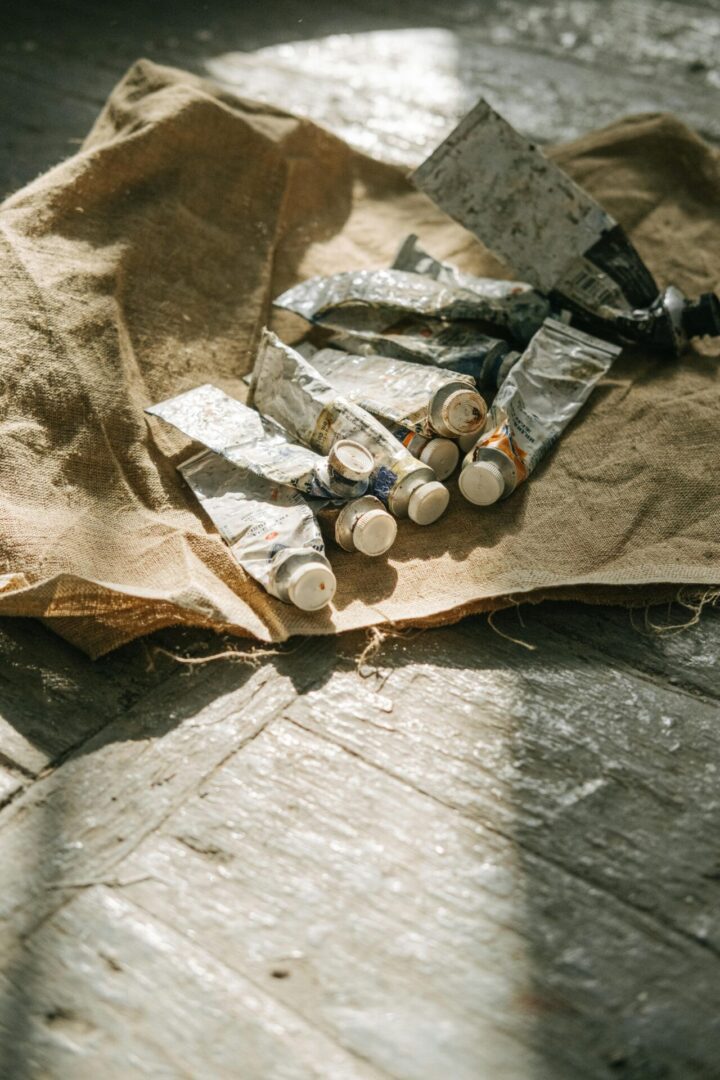Art Therapy for depression: Foundations of Joy
How Art Therapy for Depression and Socializing Supports Mental Health
Art therapy for depression is a powerful, evidence-based approach that combines creative expression with emotional healing. When struggling with depression, it’s common to withdraw and feel isolated, but art therapy for depression can help break this cycle by providing a safe, supportive space for self-expression and connection.
Although we’re more connected through social media than ever before, isolation remains a silent epidemic, especially for those experiencing depression. It’s easy to wall yourself off when feeling down or fatigued, but art therapy for depression encourages meaningful interaction—whether with family, friends, or a supportive group. Regular connection is a critical pillar of mental health, and art therapy for depression offers a unique way to foster that connection.
Research shows socialization plays a significant role in reducing depressive symptoms and improving overall well-being. Engaging in group activities like art therapy for depression helps release oxytocin, the “bonding hormone,” which lowers stress and increases feelings of trust and joy. People with strong social support systems tend to have lower rates of depression and anxiety. Even small acts of connection, such as sharing artwork or participating in group sessions, can stimulate brain pathways associated with happiness.
Group art therapy for depression, such as clay therapy, provides a low-pressure environment for creativity and socialization. Working with clay or other materials is grounding and helps counter feelings of disembodiment common in depression. The repetitive, tactile motions involved in art therapy for depression stimulate the release of serotonin and dopamine—neurotransmitters often imbalanced in those experiencing depression.
Combining art therapy for depression with social interaction offers dual benefits: creative self-expression and supportive relationships. Laughter over art “mistakes” or admiration for others’ creations fosters belonging and joy. When words are hard to find, art therapy for depression provides a voice for emotions that might otherwise remain hidden. Activities like painting, clay work, or journaling act as emotional outlets, often leading to new insights and relief from anger, grief, or sadness.
If you’re feeling the weight of loneliness and depression, taking small, intentional steps toward connection—such as joining an art therapy for depression group—can make a significant difference. These supportive spaces nurture creativity and companionship, offering a gentle way to open up, heal, and connect with others who understand your journey.
 The Science and Practice of Art Therapy for Depression
The Science and Practice of Art Therapy for Depression
Art therapy for depression is not just a creative outlet—it’s a clinically recognized approach supported by research and mental health professionals. Studies have shown that engaging in art therapy for depression can lead to significant reductions in depressive symptoms, improved emotional regulation, and enhanced self-esteem. The process of creating art activates different areas of the brain, including those responsible for emotion, memory, and problem-solving, which are often impacted in depression.
A unique aspect of art therapy is its ability to bypass verbal barriers. Many people with depression struggle to articulate their feelings, either due to stigma, shame, or simply not having the words. Art therapy provides a non-verbal language for expressing complex emotions, allowing individuals to process and release feelings that might otherwise remain suppressed. This can be especially powerful for those who have experienced trauma or have difficulty opening up in traditional talk therapy.
Art therapy for depression is also highly adaptable. It can take many forms—painting, drawing, sculpting, collage, or digital art—making it accessible to people of all ages and abilities. There is no need for artistic skill; the focus is on the process, not the end product. This freedom allows participants to explore creativity without fear of judgment, fostering a sense of accomplishment and self-worth.
How Art Therapy for Depression Fosters Mindfulness and Presence
Another key benefit of art therapy is its capacity to ground individuals in the present moment. Focusing on colors, textures, and shapes draws attention away from negative thought patterns and rumination common in depression. This mindful engagement with the creative process can slow racing thoughts, reduce anxiety, and provide a sense of calm.
Group art therapy also introduces shared experience. Creating alongside others facing similar challenges breaks down feelings of isolation and helps build a supportive community. Sharing artwork, discussing the creative process, or simply sitting together in silence fosters belonging and understanding, which are vital for recovery.
Integrating Art Therapy for Depression into Daily Life
Incorporating art therapy into daily routines doesn’t require formal classes, although group sessions offer valuable connection and guidance. Simple practices like keeping a sketchbook, doodling during stressful moments, or journaling with illustrations provide daily relief and self-reflection. Setting aside even a few minutes each day for creative expression can significantly improve mood and resilience.
If you’re curious about art therapy for depression, consider reaching out to a certified art therapist or joining a local group. Many mental health clinics and community centers offer sessions tailored to different needs and age groups. Remember, the goal is not to create a masterpiece but to use art as a tool for healing, connection, and self-discovery.


 The Science and Practice of Art Therapy for Depression
The Science and Practice of Art Therapy for Depression